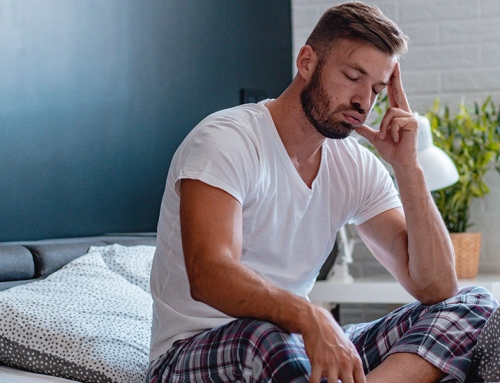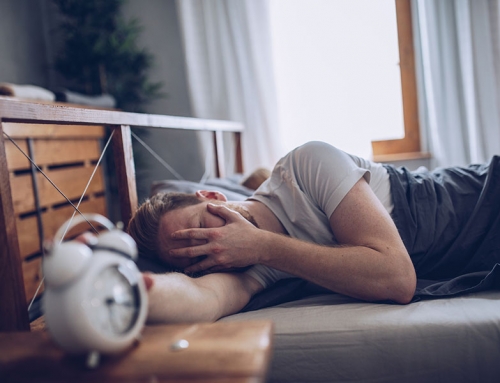For some people, aching when waking up in the morning means all you need is a few yawns and stretches. For others, it’s a persistent pain that lingers long into the day, even disrupting work and daily tasks. So why do so many of us ache in the morning, and what affects how severe the aching is?
What does aching actually represent?
Joint issues
Similarly, unused joints can take some time to get up and running again. As George Girgis, DO from Cleveland Clinic explains, joints in constant motion secrete synovial fluid, which lubricates the joint and allows bones to move without friction. As with muscles, joints that are static for long periods are often not prepared for movement, causing stiffness when you do try to use them.
Depending upon your lifestyle, joints can age at different rates to the rest of your body. So heavier and highly active people may suffer more joint discomfort in the mornings. It’s also possible that you’re performing a repeated action throughout the day, such as loading heavy objects, which is contributing to a particular joint ache.
Not always aging
These muscles and joint processes can be uncomfortable but they are normal, and relevant to people of all ages. They can also often be alleviated with some of the tips mentioned below. Sometimes, however, the level of stiffness people feel regularly exceeds a normal level, which is an indicator of more severe inflammation or arthritis.
Inflammation and arthritis do correlate with age, but they are not limited to older people, nor are they a necessary symptom of aging. If you are on the senior end of things and are experiencing constant stiffness and joint pain—especially in the morning—it’s time to bring up the topic of arthritis with your physician.
According to Healthline, one of the most common indicators of rheumatoid arthritis is morning stiffness—which can be defined by an hour or more of stiffness upon waking each day. If this sounds like you, then an anti-inflammatory medication may help.
What can I do about aches and pains in the morning?

The correct mattress
Psychology today compares sleeping on the wrong mattress and pillow for your body type to hiking a mountain in shoes that don’t fit—it’s just a no-brainer that you’ll be in discomfort by the time you reach the summit. In other words, there’s a definite set of things your sleep gear needs to do if you want to wake up refreshed and relatively ache free.
Most importantly, a mattress should support your hips without being too firm on your shoulders or knees. Likewise, your pillow shouldn’t be neglected, as it plays an important role in aligning your head and spine with their surrounding muscles. The exact level of firmness needed to ensure those conditions will depend on your height, weight, and how that weight is dispersed across your body. For tips on getting it right, refer to our guide to choosing the best mattress.
Yoga and stretching
Yoga (and stretching in general) teaches us the difference between ‘good’ and ‘bad’ pain. Good pain is the feeling of working out knots, burning energy, and pushing our muscles to failure. Bad pains are twinges and sharp sensations, letting us know that our body is out of alignment. In this way, stretching has a dual benefit—as both a way to decrease aches, and to become more conscious of what different feelings in our bodies mean.
Even if you’re not interested in a formal stretching practice such as yoga or tai-chi, simply stretching according to what feels right for you is important. In general, it seems like us humans have lost much of our natural instinct to stretch, so we should be taking lessons from our dogs and cats, and reminding ourselves to stretch our muscles and joints after waking each morning.
You don’t even need to get out of bed to do this—beginning with your feet, contract and relax each muscle, moving up your body until you feel your muscles start to gain some elasticity.
Hydration and good diet
Eating inflammatory foods such as refined carbohydrates and red meat increases the chance of waking up sore. Harvard Health recommends increasing your intake of foods like green leafy vegetables, nuts, and fatty fish to support an anti-inflammatory lifestyle. Likewise, staying hydrated is vital for setting up your body to fight inflammation, and thereby reducing aching in the mornings.





